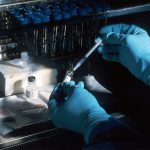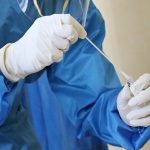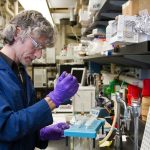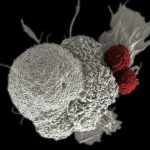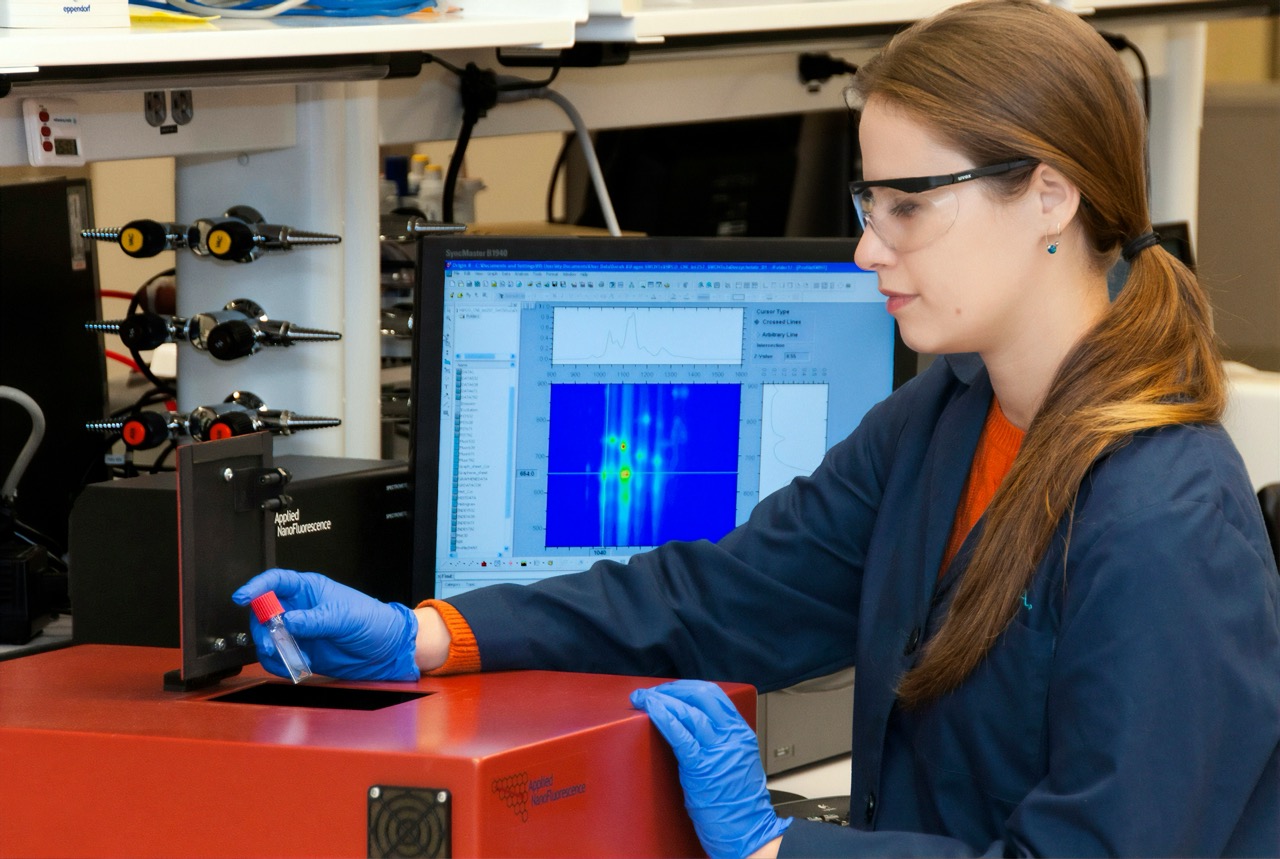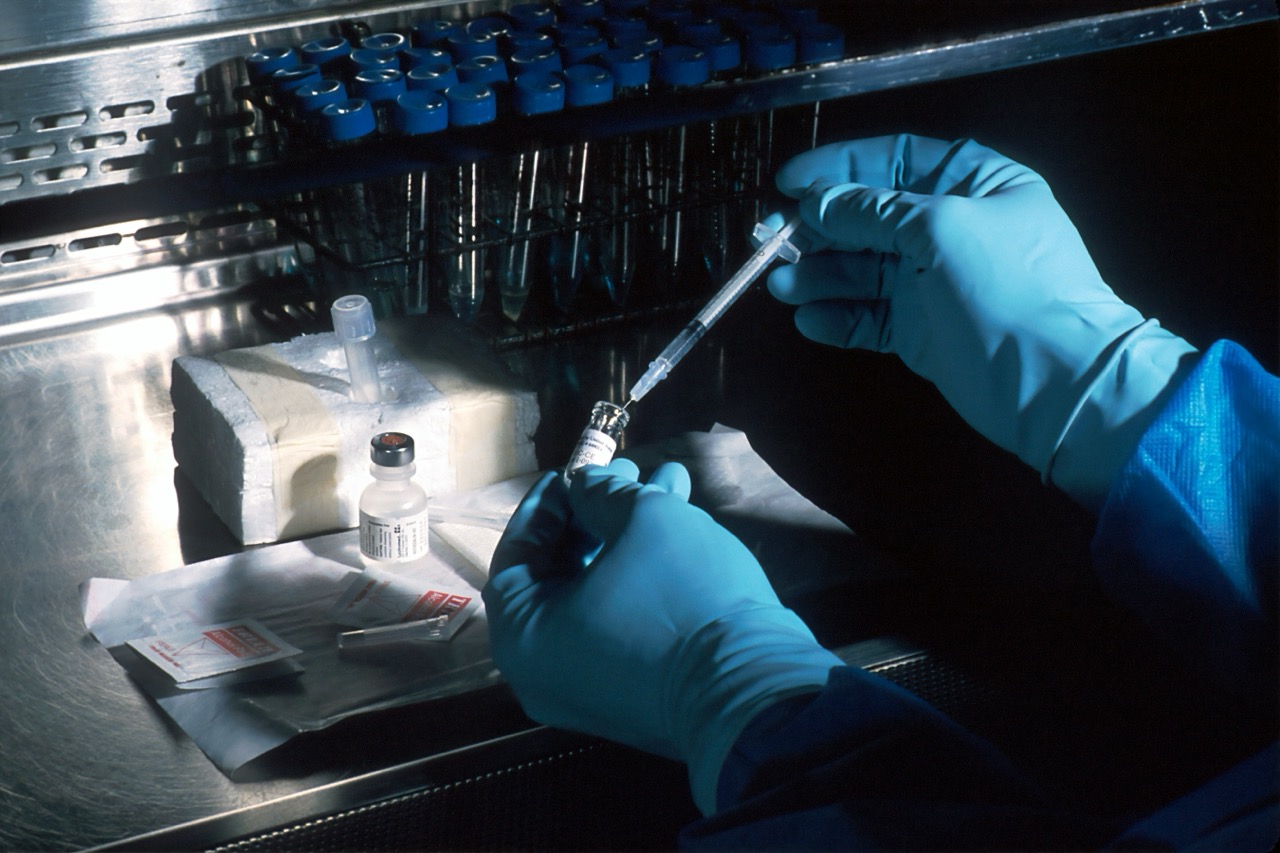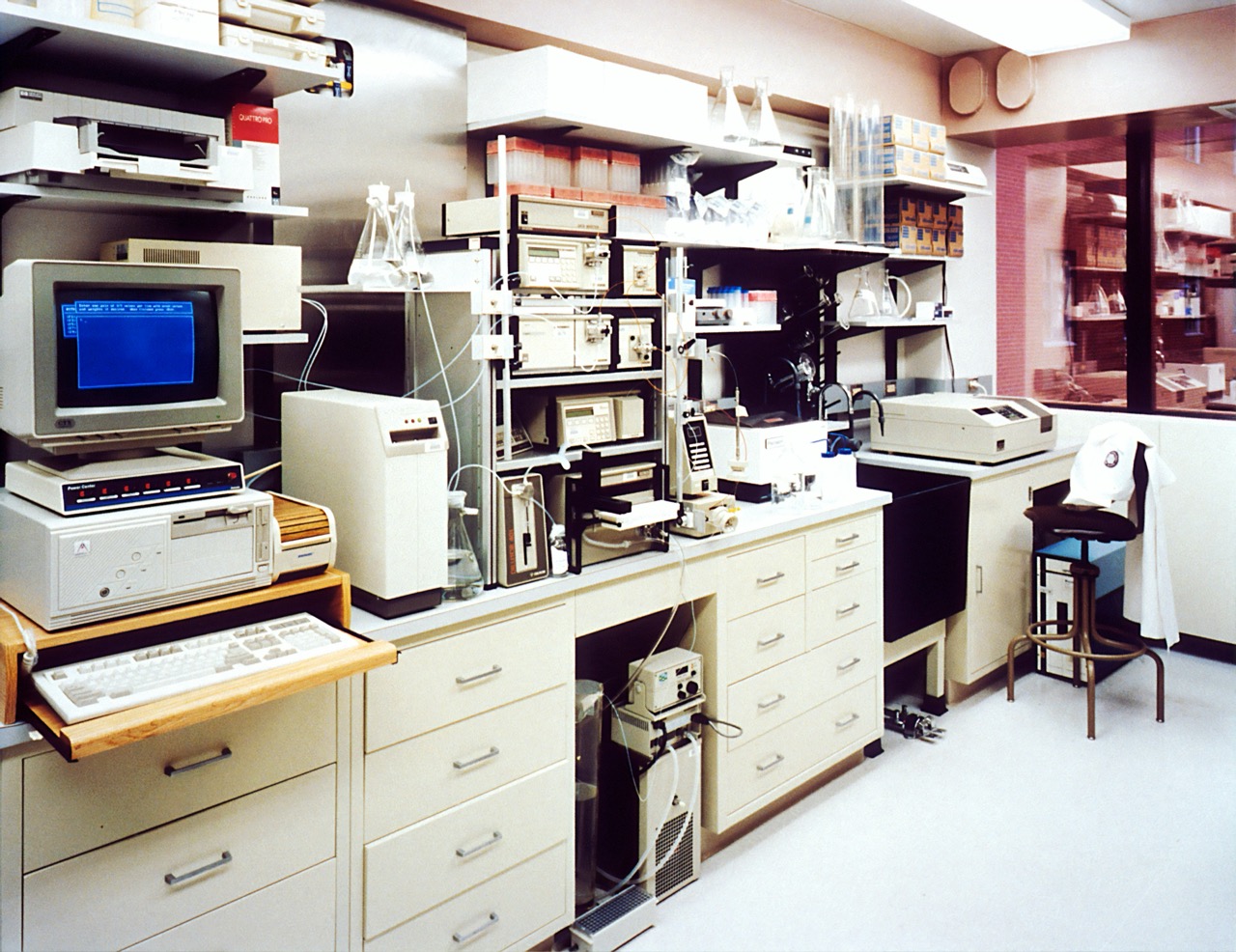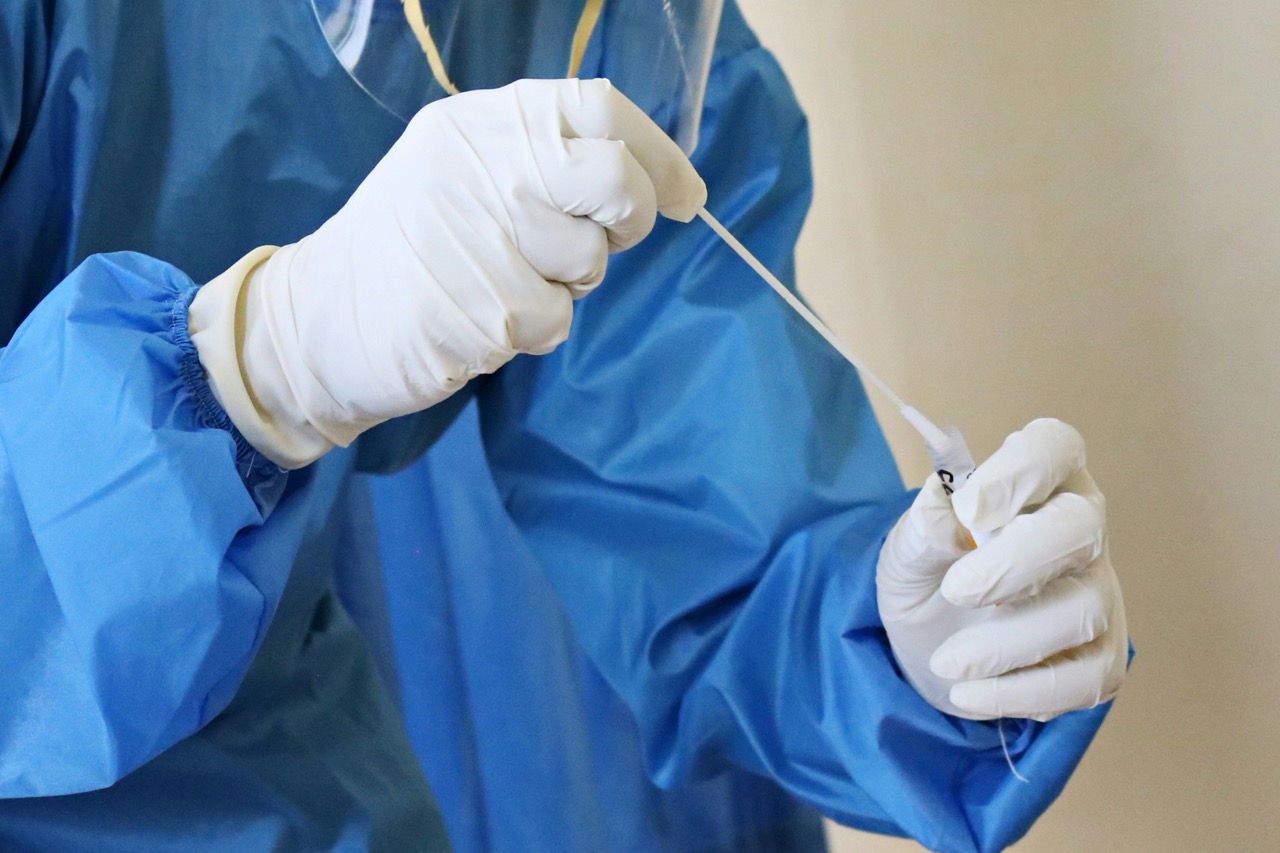Human Papillomavirus (HPV) is a common sexually transmitted infection that affects millions of individuals globally. While most HPV infections are transient and resolve without intervention, some strains can lead to more severe health outcomes, including cervical and other types of cancer. This article aims to explore the relationship between HPV and the immune system, shedding light on how the virus interacts with the body’s defenses and what individuals can do to bolster their immunity.
Understanding HPV: Overview and Its Impact on Health
HPV is a diverse group of over 200 related viruses, with about 40 types capable of infecting the genital area, mouth, and throat. Among these, high-risk types, such as HPV-16 and HPV-18, are predominantly responsible for the majority of cervical cancer cases globally. Low-risk types may cause benign conditions like genital warts but are not linked to cancer. Transmission primarily occurs through direct skin-to-skin contact during sexual activity, making HPV particularly prevalent among sexually active individuals.
The health impact of HPV can vary significantly depending on the strain and the individual’s immune response. In many cases, the immune system effectively clears the infection within two years; however, persistent infections with high-risk HPV types can lead to cellular changes and, eventually, malignancies. Understanding the biological mechanisms underlying HPV-related diseases is crucial for developing effective prevention strategies and treatments. Vaccination programs have been instrumental in reducing the prevalence of high-risk HPV strains and, consequently, associated cancers.
Moreover, the stigma surrounding HPV often leads to misinformation and fear. Many people are unaware that HPV is incredibly common and that most sexually active individuals will be infected at some point. Education and awareness are vital in reducing stigma and encouraging regular screenings, such as Pap smears and HPV tests, which can detect early changes in cervical cells before they develop into cancer. Recognizing HPV as a public health concern rather than a personal failing is essential in addressing its impact effectively.
The Immune System’s Role in Managing HPV Infections
The immune system plays a pivotal role in controlling and resolving HPV infections. Upon exposure to the virus, the immune system mounts a response that includes both innate and adaptive components. The innate immune response serves as the first line of defense, involving physical barriers, immune cells, and various proteins that recognize and attack the virus. Following this, the adaptive immune response generates specific antibodies and T-cells targeted at eliminating HPV-infected cells.
Active HPV infections often evoke a robust immune response, which can lead to the clearance of the virus in most individuals. The presence of specific antibodies against HPV can help prevent reinfection with the same strain, indicating a degree of immunity. However, the effectiveness of the immune response can be influenced by various factors, including age, overall health, and the presence of co-infections. In particular, immunocompromised individuals, such as those living with HIV or undergoing immunosuppressive treatments, may struggle to mount a sufficient immune response against HPV.
Despite a capable immune system, some individuals develop persistent infections, which can lead to an increased risk of cancer. This persistence is associated with the ability of high-risk HPV types to evade immune detection. High-risk HPV can interfere with normal immune signaling pathways, allowing infected cells to survive longer than they would under healthy immune surveillance. Understanding these interactions is essential for developing effective vaccines and therapeutic strategies to enhance immune responses against HPV.
How HPV Affects Immune Response and Susceptibility
HPV has developed several mechanisms to evade the immune system, which contributes to its persistence and associated health risks. One critical strategy is the ability of the virus to remain hidden within the epithelial cells, where it can replicate without triggering a significant immune response. This stealth approach allows HPV to establish long-term infections, complicating the immune system’s ability to identify and clear the virus.
Moreover, certain HPV types can produce proteins that disrupt normal immune signaling pathways. These proteins can interfere with the function of immune cells, making it challenging for the body to mount an effective response. For example, the E7 protein of high-risk HPV types can inhibit the activity of tumor suppressor proteins, allowing infected cells to proliferate unchecked. Such interactions can further compromise the immune response and increase susceptibility to cancerous changes.
Additionally, pre-existing health conditions and lifestyle factors can influence an individual’s immune response to HPV. Factors such as chronic stress, poor nutrition, lack of physical activity, and smoking can impair immune function, making the body more susceptible to persistent HPV infections and related complications. It is essential to consider these factors when assessing an individual’s risk for HPV-related diseases and to develop comprehensive strategies for prevention and management.
Strategies to Enhance Immunity in HPV-Positive Individuals
For individuals who are HPV-positive, enhancing immune function can be a critical component of managing their health. A well-balanced diet rich in vitamins, minerals, and antioxidants can support overall immune health. Foods high in vitamin C, vitamin E, and zinc, along with a variety of fruits and vegetables, can help bolster the immune response. Staying hydrated and maintaining a healthy weight are also important for optimal immune function.
Regular physical activity is another crucial strategy for enhancing immunity. Exercise has been shown to improve immune response and reduce inflammation, which can be particularly beneficial for individuals with persistent HPV infections. Engaging in moderate-intensity exercise regularly can promote overall well-being and may help the body better manage viral infections.
In addition to lifestyle modifications, healthcare providers can offer resources such as counseling support and vaccination options. The HPV vaccine is effective in preventing infection from high-risk types and is recommended for both males and females. Regular screenings and follow-ups are essential for HPV-positive individuals to monitor any changes and take proactive steps in managing their health. By combining lifestyle changes with medical interventions, individuals can better support their immune system in the fight against HPV-related complications.
In conclusion, while HPV can affect the immune system and its ability to manage infections, understanding the dynamics of this relationship is crucial for prevention and treatment. By recognizing the importance of a healthy immune system and implementing strategies to enhance immunity, HPV-positive individuals can improve their overall health outcomes. Increasing awareness of HPV, promoting vaccination, and maintaining a healthy lifestyle are essential components in the ongoing battle against this prevalent virus. Through education and proactive health measures, we can empower individuals to take charge of their health in the context of HPV.
